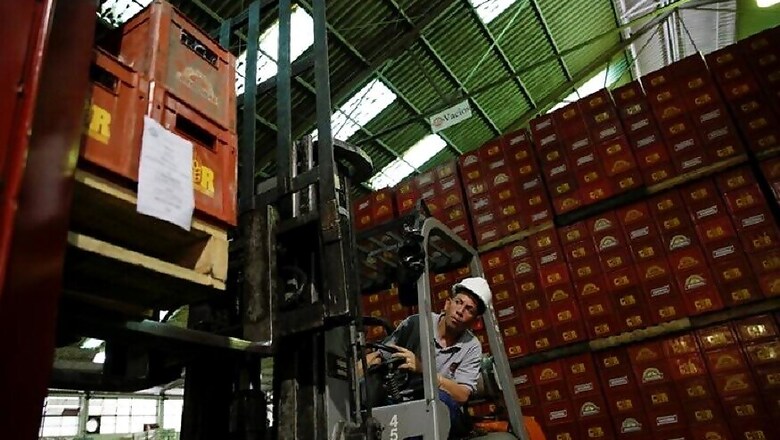
views
A technology that may make future construction vehicles -- which waste a lot of fuel by remaining on full power while idle -- more fuel efficient with electrical systems is being developed, new research suggests.
Researchers at Britain's University of Warwick in collaboration with partners equipment manufacturer JCB and electronics manufacturer Pektron PLC are working to optimise the fuel economy of the next generation of off-highway vehicles by a newly developed technology that aims to introduce new intelligent power systems for improved engine operation.
Led by James Marco from Warwick Manufacturing Group (WMG) of University of Warwick, a team is analysing the suitability for micro/mild hybridization (MMH) - a feasible solution that represents a simple, low-cost implementation to create high fuel efficiency with less energy use and fewer emissions.
"This is a very exciting project that allows WMG to leverage its extensive portfolio of automotive research to the strategically important off-highway sector," Marco said in a university statement.
Many off-highway vehicles are left running at full power whilst idle for much of their life -- such as telescopic handlers, heavy excavators and wheeled loaders -- potentially wasting fuel with a direct impact on local air quality.
The intelligent use of MMH could provide the opportunity to shut down the engine, or shift it to lower power, during these idle periods. This would have a measurable impact upon reducing fuel consumption, CO2 output, NOx formation and particulate emissions.
This technology can predict when machinery requires the shift between low power and high power, thus allowing users to run the machine with the lowest fuel consumption without sacrificing their working performance, the researchers said.
"This collaborative project between JCB, WMG and Pektron is helping to identify and develop future technologies that could improve the efficiency of machines," Lee Harper, Principal Engineer at JCB said.
Based on the big data mining and knowledge from experts, an intelligence-based decision tool has been constructed by WMG to enable companies such as JCB to target specific machines among their fleets for hybridization.




















Comments
0 comment